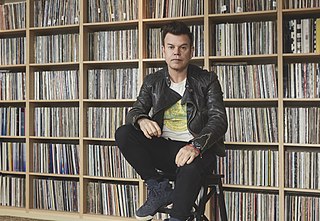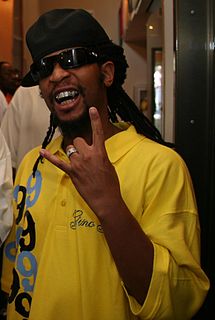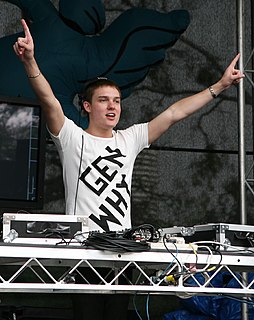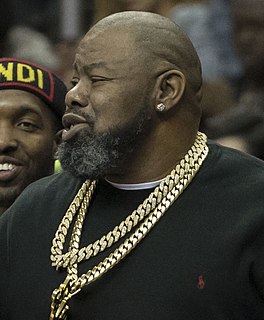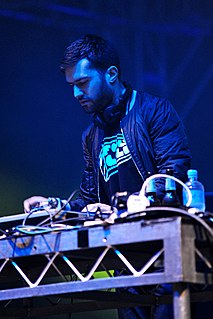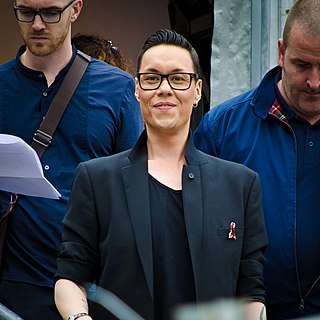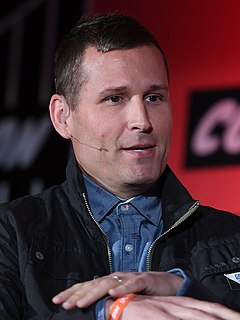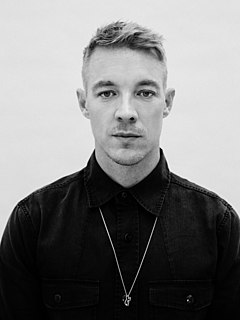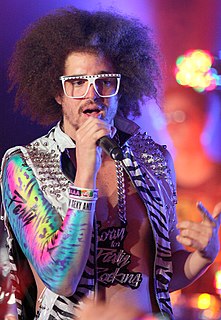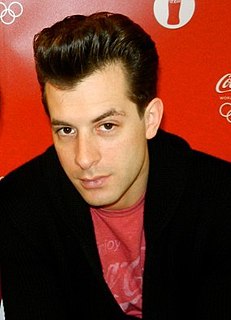A Quote by Paul Oakenfold
When I started DJ'ing, it was no big thing. There was no money in DJ'ing, and you did it purely for the love of playing music.
Related Quotes
When I'm representing my music live I think of it very much in a rock band sense. When I first started doing festivals in the 90s there really weren't other DJs playing the stages I was playing. So I felt I was being afforded an opportunity to kind of make a statement about what DJ music can be live. In the 90s, if you were a DJ you were in the dance tent, and you were playing house music and techno music. There was no such thing as a DJ - a solo DJ - on a stage, after a rock band and before another rock band: that just didn't happen.
I DJ'd for years. I DJ'd in high school, and I think my parents thought it was a passing thing. And then when I was in my second year of college, I was like, 'Yeah, you guys don't need to send me money anymore. My DJ gigs are good enough. I'm selling music; I think I'm gonna have a record deal. I can pay my tuition.'
What I did is I bought a drum set and I listened to 80s music, and I played, and I was, like, DJ'ing, and I said, 'this is what I wanna make. This is how I'm gonna give back to the people. I'm gonna make this party music.' It pulled me out of the depression, and then I've never been depressed since.
